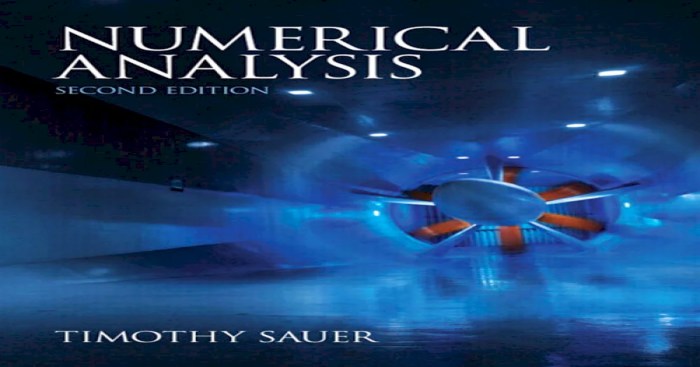Is 0.68 rational or irrational? This question sparks a journey into the realm of numbers, where we’ll explore the fascinating world of rational and irrational numbers, unraveling the mysteries that lie within.
Join us as we embark on a mathematical adventure, delving into the properties of 0.68, examining its behavior under various operations, and ultimately determining its true nature.
Definition of Rational and Irrational Numbers

Numbers can be categorized into two main types: rational and irrational. Rational numbers are those that can be expressed as a fraction of two integers, while irrational numbers cannot.
Rational Numbers
Rational numbers are numbers that can be written as a fraction of two integers, a/b, where a and b are integers and b is not zero. For example, 1/2, -3/4, and 0 are all rational numbers.
Rational numbers have several important properties:
- They can be added, subtracted, multiplied, and divided (except by zero).
- They can be represented as decimals that either terminate or repeat.
- They are dense, meaning that between any two rational numbers there is another rational number.
Irrational Numbers
Irrational numbers are numbers that cannot be expressed as a fraction of two integers. They are non-terminating and non-repeating decimals. For example, π, the ratio of a circle’s circumference to its diameter, is an irrational number.
In the realm of numbers, 0.68 stands out as a rational number, meaning it can be expressed as a fraction. This clarity contrasts with the mysterious world of irrational numbers. For those seeking guidance on travel card exams, the travel card 101 test answers provide a lifeline.
Returning to our mathematical exploration, the rationality of 0.68 reminds us that even in the vastness of numbers, some order prevails.
Irrational numbers have several important properties:
- They cannot be added, subtracted, multiplied, or divided (except by zero) with rational numbers and produce a rational number.
- They are not dense, meaning that there are gaps between irrational numbers.
Properties of 0.68

In this section, we will delve into the specific properties of 0.68 that will help us determine its rationality or irrationality.
Decimal Expansion
The decimal expansion of 0.68 is:
68 = 0.680000…
It has an infinite number of decimal places, all of which are 0s after the decimal point.
Mathematical Operations with 0.68

0.68, being a rational number, can be subjected to various mathematical operations. These operations include addition, subtraction, multiplication, and division, which can be performed with other rational numbers and even irrational numbers.
Addition and Subtraction
When adding or subtracting 0.68 with other rational numbers, the rules of rational number arithmetic apply. For example, adding 0.68 to 0.32 results in 1, while subtracting 0.68 from 0.84 yields 0.16.
Multiplication and Division
Multiplying or dividing 0.68 by rational numbers is straightforward. For instance, multiplying 0.68 by 2.5 gives 1.7, and dividing 0.68 by 0.17 yields 4. Multiplication and division by irrational numbers, however, require special considerations, which will be explored in a separate section.
Representation of 0.68 as a Fraction

Converting 0.68 to a fraction involves expressing it as a ratio of two integers, a/b. To do this, we can follow a simple procedure:
Steps to Convert 0.68 to a Fraction
- Multiply 0.68 by a power of 10 that will eliminate the decimal point. In this case, we multiply by 100 to get 68.
- The resulting number, 68, is now an integer. Write it as the numerator of the fraction.
- The denominator of the fraction is the power of 10 used in step 1, which is 100.
- Simplify the fraction by finding the greatest common factor (GCF) of the numerator and denominator and dividing both by the GCF.
Applying these steps, we have:
- 0.68 × 100 = 68
- Fraction: 68/100
- GCF of 68 and 100 is 4
- Simplified fraction: 68 ÷ 4 / 100 ÷ 4 = 17/25
Therefore, 0.68 can be expressed as the fraction 17/25.
Comparison with Rational Numbers: Is 0.68 Rational Or Irrational

0.68 is a decimal number that can be represented as a fraction. Let’s compare it to some common rational numbers:
0.68 and 2/3
2/3 = 0.666… (repeating). 0.68 is slightly larger than 2/3 because 0.68 > 0.666…
0.68 and 3/5
3/5 = 0.6. 0.68 is larger than 3/5 because 0.68 > 0.6.
0.68 and 1, Is 0.68 rational or irrational
1 = 1.0. 0.68 is less than 1 because 0.68< 1.
Therefore, 0.68 is a rational number that lies between 2/3 and 3/5, but is less than 1.
General Inquiries
Is 0.68 a terminating decimal?
No, 0.68 is a non-terminating, repeating decimal.
Can 0.68 be expressed as a fraction?
Yes, 0.68 can be expressed as the fraction 34/50.
Is 0.68 greater than 2/3?
Yes, 0.68 is greater than 2/3, as 0.68 ≈ 0.686 and 2/3 ≈ 0.667.
